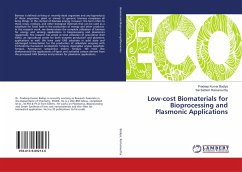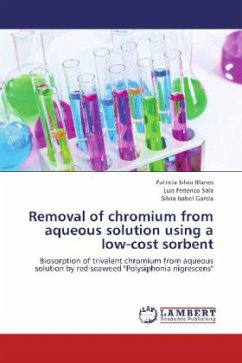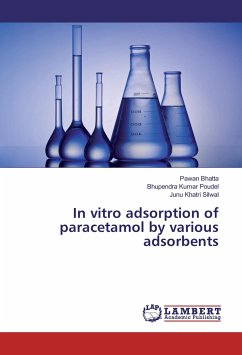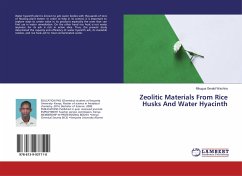Clean and pure water is one of the implicit requisites for a healthy human population. However the growing industrialization and extensive use of chemicals for various concerns, has increased the burden of unwanted pollutants in the drinking water of developing countries like India. The entry of potentially hazardous substances into the biota has been magnifying day by day. In the absence of a possible stoppage of these, otherwise, useful chemicals, the only way to maintain safer water bodies is to develop efficient purifying technologies. One such immensely beneficial procedure that has been in use is that of purification of water using 'adsorbents'. Indigenous minerals and natural plants products have potential for removing many pollutants viz. fluoride, arsenic, nitrate, heavy metals, pesticides as well as tri-halomethanes. Adsorbents which are derived from carbon, alumina, zeolite, clay minerals, iron ores, industrial by products, and natural products viz. parts of the plants, herbs and algal biomass offer promising potential of removal of these pollutants with greater adsorbing efficiencies.
Bitte wählen Sie Ihr Anliegen aus.
Rechnungen
Retourenschein anfordern
Bestellstatus
Storno








